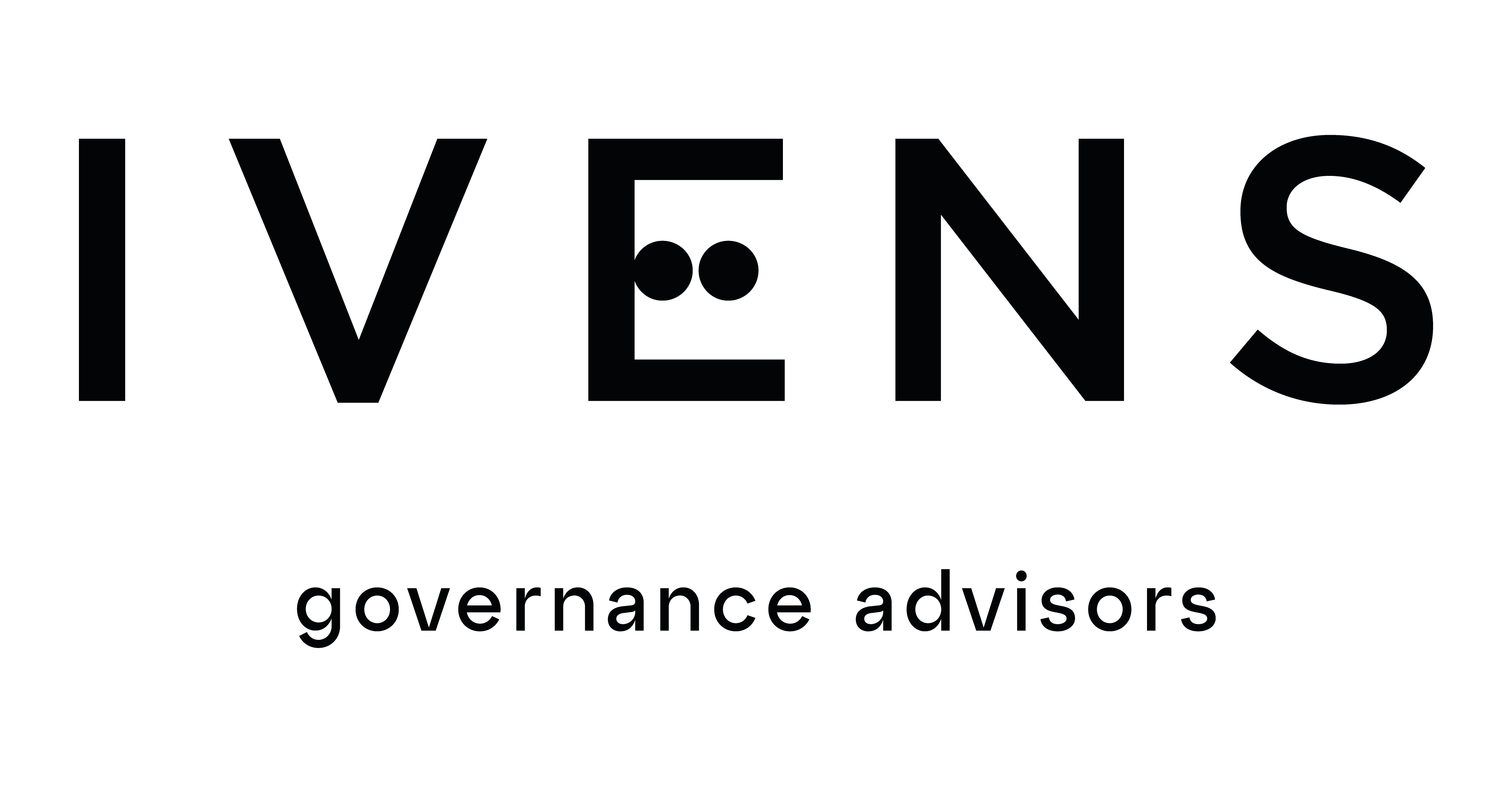Will Artificial Intelligence be Corporate Governance’s Great Ally?
Artificial Intelligence (AI) is rapidly transforming the business world and, consequently, Governance. Are leaders and administrators prepared to balance the efficiency of algorithms with human sensitivity in decision-making? In today's article, we will reveal the advantages of the digitalization of Governance, the challenges and the ethical impact.
What is Artificial Intelligence and how does it impact Corporate Governance in practice?
According to the European Parliament, AI is the ability of machines to reproduce human skills, such as reasoning, (self) learning, planning and creativity based on data. Furthermore, it allows systems to be able to collect, store and process amounts of information that far exceed human capacity and to make decisions autonomously.
In the business context, this technology has the potential to improve governance, increase transparency, improve risk analysis and optimize administrative processes. But despite the advances, AI still faces ethical and structural challenges that require a balanced approach.
How can AI improve Governance?
Governance, as a system that establishes an organization's policies and procedures to govern its business activities, is essential to ensure that companies are managed in an ethical and transparent manner.
Historically, governance has been shaped by regulations and guidelines from government agencies and regulatory bodies. However, with rapid technological evolution and the rise of AI, new opportunities arise to strengthen this framework.
We are facing a paradigm shift – digital tools including AI will be a strong ally for Boards of Directors and companies, enabling more fluid, effective and secure communication from anywhere and in real time.
With more agile and transparent organizations, it will be possible to have greater access and sharing of global information, more transparency and control with faster and more efficient audits.
In an increasingly digitalized world, organizations are increasingly making sensitive and critical information available in cloud-hosted services. This scenario has triggered the emergence of new threats, but at the same time, the adoption of an awareness of the importance of protecting the privacy, integrity and veracity of stored information.
Amidst all the benefits of this tool, the question remains: Will AI replace the skills and key role of administrators?
Artificial Intelligence applied in practice
The overwhelming majority of a manager’s decisions are strategic and shape the future of their organization. These decisions require a high level of risk, variability, collaboration and human intelligence, which continues to transcend data and algorithms.
Although AI suggests optimal solutions to regular and predictable problems, strategic decisions will continue to depend on a cautious assessment of incalculable risks, critical judgment and human sensitivity, especially in situations of uncertainty.
At the forefront of organizations will continue to be administrators with a holistic view of the organization, the market, stakeholders and qualitative factors that the machine cannot interpret, such as intuition, experience and understanding of organizational culture and values.
Governance of the future will be a combination of advanced technology and conscious leadership. Leaders of the future will have to be more human than ever before, and they can and should use AI to support, but never replace, the decision-making process.
Ethical Impact and Challenges of AI in Governance
The application of AI in governance also faces significant challenges. Issues related to ethics, privacy and understanding the decisions made by AI are concerns that still need to be studied.
Organizations that are able to integrate AI in a conscious and structured manner will have a significant competitive advantage, ensuring a more solid and innovative future for their stakeholders. However, this integration requires the collaboration of technology experts and professionals from the financial and legal areas.
Despite the transformative role of Artificial Intelligence, many organizations have yet to implement robust corporate governance practices that enable the operationalization and oversight of AI. Companies must ensure that their talent is focused on high-value-added activities, outsourcing and creating partnerships that enable the use of specialized resources and economies of scale in non-core activities whose levels of competence, specialization and scale are unlikely to be achieved internally.
Boards of Directors will have to review governance and supervision processes, strengthen audit and control structures, especially in the preventive and predictive component, which is crucial to mitigating risks and ensuring the success of AI.


